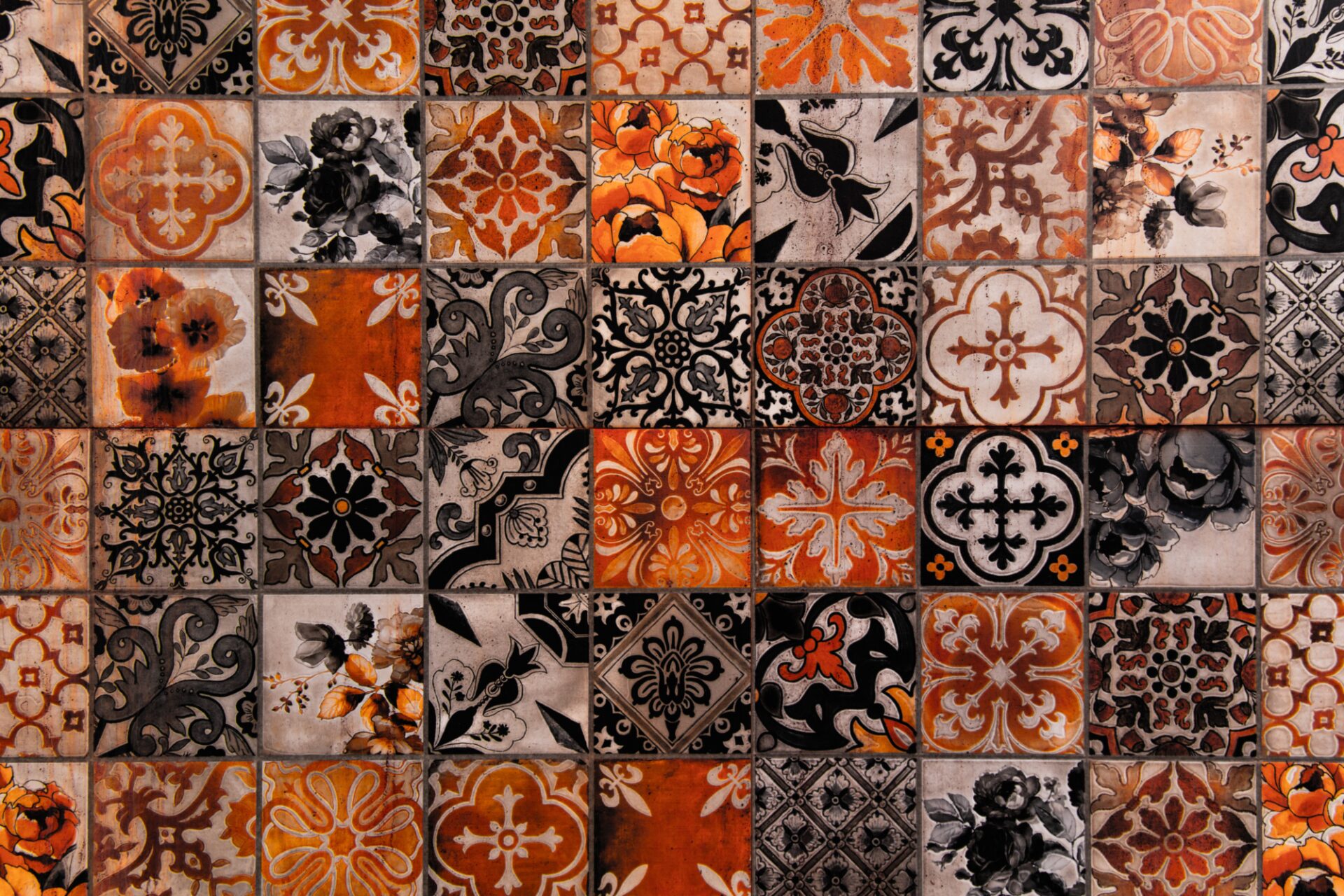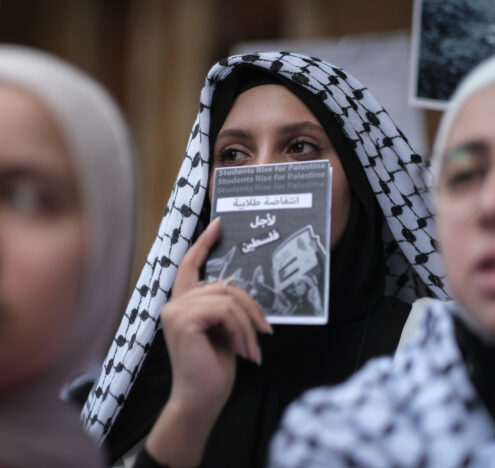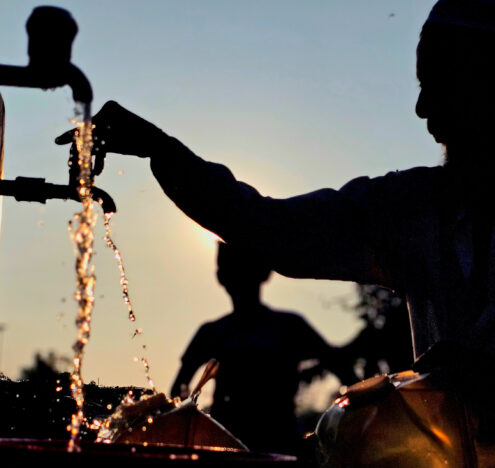Saleem Ahmad’s family has lived in the small picturesque town of Purola, in the north Indian state of Uttarakhand for more than four decades. They run a garment shop, and despite being a notable minority Muslim household in the town, the family has never felt ill at ease in the majority Hindu community. But last month, things started to turn ugly. Like on several other Muslim properties in the area, a poster was pasted on Ahmad’s rented shop asking him to vacate the town or face consequences.
“Things have changed so rapidly. Nobody is willing to talk properly to us [Muslims] — as if we are criminals. Everyone feels the place is better off without us,” Ahmad told Inkstick from Dehradun, the capital city of Uttarakhand, some 150 km away from his native town that he had fled to save his life.
“I have sold my wife’s two necklaces because my children are small, and they need milk,” he said in a hapless voice. “My eldest daughter is eight years old, the second one is three years old, and the youngest is one and a half years old. How would I feed them?”
Despite facing financial constraints away from home, Ahmad vows never to return to his native town. “I don’t want to go back to that place again because I fear for my and my family’s life. I will sell my house there,” he told Inkstick.
Fear and Eviction
Ahmad’s is not a one-off tale. At least 40 Muslim families from the town have moved out in the last two weeks following an escalating situation that arose after an alleged attempt by two men — one of them a Muslim and the other a Hindu — to kidnap a 14-year-old Hindu girl on May 26, 2023. Soon massive rallies calling for the eviction of Muslims from the area were being spearheaded by right-wing Hindu groups like Bajrang Dal and Vishwa Hindu Parishad, which are ideologically aligned with India’s ruling Bharatiya Janata Party (BJP). They accused Muslims of engaging in “love jihad,” a term coined by extremist groups like them that accuses Muslim men of deliberately seducing Hindu women to convert them to Islam.
The term “love jihad” has been used as a tool by Hindu supremacists to harass and intimidate the minority Muslim population across the country for several years now. The Indian government and the BJP have acknowledged that love jihad does not exist but the issue continues to garner hate and violence against Muslims.
“In this case of alleged kidnapping, which is now termed as ‘love jihad,’ there was another Hindu boy involved, but he or his community was not blamed. They only targeted the Muslim community and vandalized their properties and asked them to vacate,” said Saif Ali, 27, a Muslim resident of Purola who despite being fearful, decided against fleeing the town.
“Many [Muslim] families have left and those who are still here are very concerned about their lives and future.”
The tension in the area is palpable with huge contingents of paramilitary forces manning the roads. Even as the markets have started reopening after the authorities-imposed orders banning the assembly of more than four people in the area, many Muslim shops continue to be shut.
The term “love jihad” has been used as a tool by Hindu supremacists to harass and intimidate the minority Muslim population across the country for several years now. The Indian government and the BJP have acknowledged that love jihad does not exist but the issue continues to garner hate and violence against Muslims.
Last week, the Hindu extremist outfits also called for a Maha-panchayat (Grand Assembly) in Purola to intensify their demands for Muslim eviction, but the local administration imposed prohibitory orders leading to its cancellation. However, the simmering atmosphere has led to fear among the marginalized Muslim community, which barely constitutes 14% of the state’s population.
In Barkot, another small town in Uttarakhand, cross (X) signs were put on some Muslim-owned shops, resembling the Nazi-era targeting of the Jewish community in pre-World War II Germany.
Inkstick talked to several Muslim families in the affected areas who said they are either planning to leave the town or are helpless in the face of financial constraints.
“We Would Starve”
55-year-old Nida, whose son is the lone breadwinner of the family, had been running a hair salon in the market area of Purola and says that their family is on the verge of starvation. The signboard of her son’s shop, which depicted a Muslim name, was pulled down by the mob during one of the rallies calling for the eviction of Muslims.
“Since then, he has not opened the shop out of fear. No other Muslim has. It has been three weeks. How would we survive without money or food?” asked Nida.
“We are poor, and we have nothing down the mountains. We don’t have relatives or any other places to stay. Where should we go?”
Even though there has been no reported incident of violence or rallies calling for the eviction of Muslims since Jun. 15, 2023, the tension in the air seems palpable. Many fear the decades-long mobilization of Hindu right-wing groups in Uttarakhand to create a “devbhoomi” (land of the gods) and exclude the Muslims from the region is coming to fruition.
Hindu nationalists in the region are supporting the move.
Baldev Singh Rawat, the worker of the ruling BJP in Purola, told Inkstick that Muslims have left the region because of their “own will.”
“Nobody is getting beaten or nobody is being killed or evicted. Those who have gone from here have gone because of their own will. Nobody told them to vacate,” Singh said while blaming Muslims for the love jihad. “People from the other [Muslim] community tried to do love jihad. So, there is anger over it. If such incidents happen, then there will be demonstrations like these. We won’t tolerate love jihad in any way.”
Singh also ostensibly supported the eviction saying that his community would support all those voices “which will come to the rescue of our Sanatan Dharam [eternal order],” an endonym used by Hindus to refer to Hinduism.
An Impending Genocide
Critics blame India’s ruling BJP and its ideological fountainhead Rashtriya Swayamsevak Sangh (RSS) for such communal episodes in the country. “RSS doesn’t need any excuse from the Muslims because they believe Muslims don’t belong to India. In this case, the excuse is love jihad, tomorrow the excuse may be eating beef or wearing particular attire,” said Kavita Krishnan, a leading women’s rights activist in the country and a vocal critic of India’s current ruling dispensation.
“Essentially they want to terrorize and persecute the Muslim minority.”
Global human rights organizations have also slammed the role of the BJP for escalating violence against Muslims in the country, particularly since the party’s coming to power in 2014. The US Commission on International Religious Freedom in its 2022 annual report has recommended placing India on a list of “countries of particular concern.”
Genocide Watch, a group of organizations around the world that is focused on preventing genocide and correctly predicted the genocide of the Tutsi minority in Rwanda in the 1990s, has warned of a similar situation against Muslims in India. “We are warning that genocide could very well happen in India,” Gregory Stanton, Director of Genocide Watch, said during a US congressional briefing last year.
“There are early signs and processes of genocide in the country.”





















